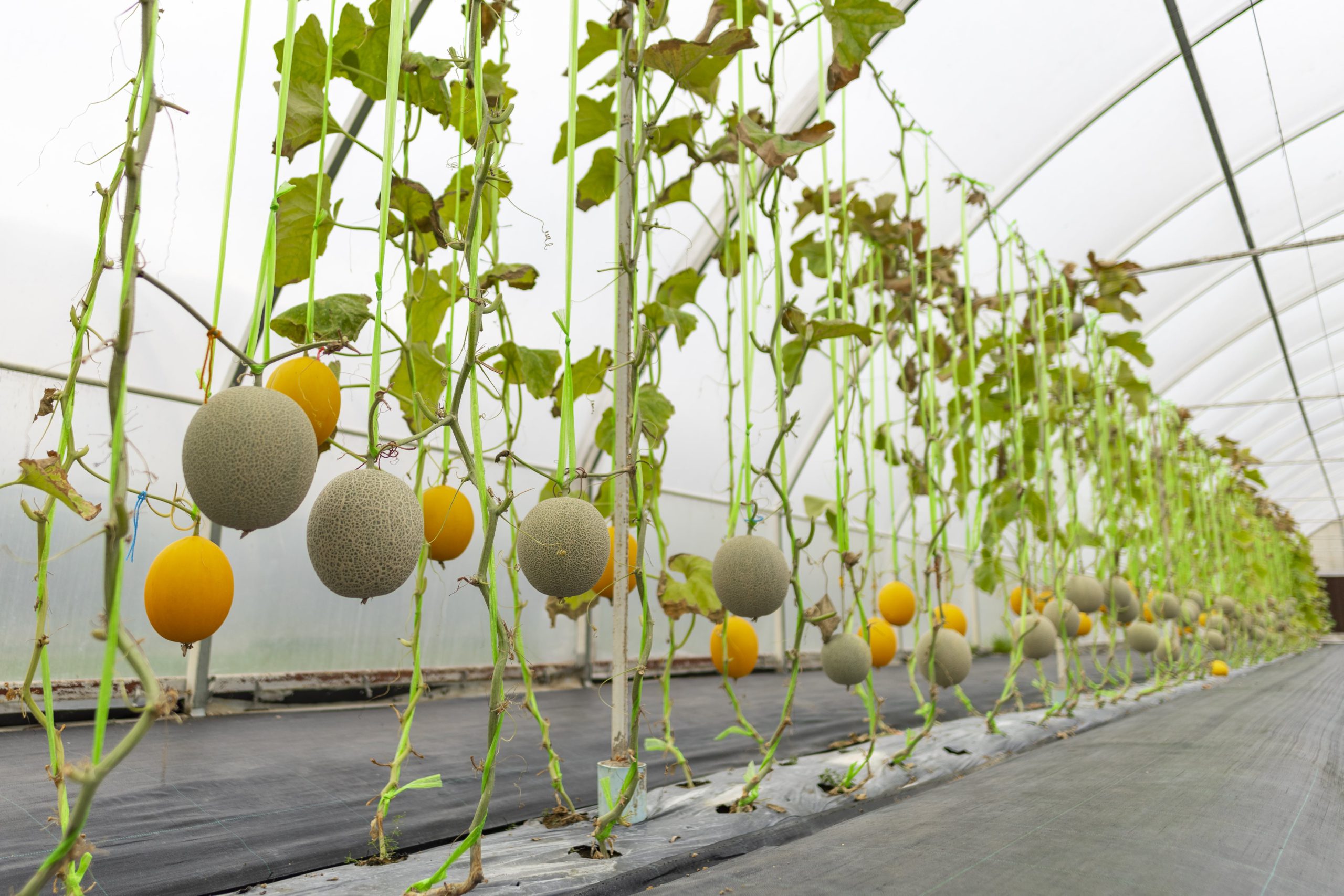
Revamping Agro-Tech with "Fox ERP for Agriculture"

FoxERP
Agriculture is one of the workforces intensive practices where farmers work tirelessly to ramp up the production of crops.
Like other industries, the COVID-19 pandemic had impacted the agriculture sector too, where the agro practices had shifted to an all-new digitized way, unlike earlier, when it used to be manual.
According to recent research, the market value of smart agriculture will reach USD 20 Billion in 2026. This surge in innovative agricultural practices is attributed to the rising need for digital farming practices.
Another research suggests that factors such as the rising need for smart agro practices are fuelling the Ag Tech market.
The impact of smart agriculture is quite positive not only on the yield but also on the environment where sustainable farming activities have come to the forefront of agriculture. The agriculture sector has long faced several challenges ranging from climate change to water scarcity.
Without the right tools and knowledge, productivity gets hampered, and farmers are left counting losses.
With the Ag Tech in place, technology provides an unprecedented opportunity to improve yields and mitigate some of the losses associated with the various challenges in the agricultural sector.
Technology adoption is increasing rapidly due to the tremendous value it brings to the farmers, enabling them to drive productivity.
However, the below-mentioned advantages add value to the Ag Tech practices:
1. Detection of disease and pests:
Using satellite imagery and drones, smart and precision agriculture is adding value to farming through hyperspectral imaging used to detect diseases, and pest.
The real-time information enables farmers to mitigate losses that may result from diseases and pests, thus improving yields.
2. Cooling facilities:
Farm produce needs to get to the market while still fresh. The lack of cooling facilities increases post-harvest losses, which incurs considerable costs to the farmers.
It is estimated that 33% of harvested produce goes terrible due to a lack of proper storage facilities. With digitization, the cooling facilities are installed in trucks and farms, and perishable goods such as tomatoes get to the market while still fresh.
3. Crop scouting:
By leveraging the digital transformation, the farmers can use mobile phones and tablets to collect data about their crops and use various platforms to analyze collected data.
Some platforms help farmers take actionable insights from the analyzed data enabling them to take appropriate measures, thus boosting their yield and consequently preventing losses.
4. Monitoring of Crops and Soil:
Sensors are attached to the crops in the fields, which monitor the crops’ conditions and analyze them by watching the data collected. This informs the farmers about the crop and soil content and alerts them about taking specific steps to maintain moisture and water content wherever needed.
5. Automated Billing:
The digitized way of farming allows farmers generate automated billing cycles based on the requirements.
The billing and purchasing get analyzed and take place in an automated virtual format, thereby maintaining efficiency.
Conclusion
Digital and farming go hand in hand. With the digital era’s rise, agro practices are also getting digitized.
From maintaining crops to generating insights on the status of crops, everything is digitized.
“Fox ERP for Agriculture” is one such software that helps farmers digitize their farming activities by streamlining them digitally.
Recent Posts

FoxERP
Unleashing the Power of ERP Cloud Migration: Benefits, Challenges, and Options
In the contemporary business landscape, Enterprise Resource Planning (ERP) systems play a pivotal role in driving operational efficiency and facilitating strategic decision-making. With the rapid evolution of cloud technology, organizations are increasingly exploring the option of migrating their ERP systems to the cloud to unlock a plethora of benefits and drive digital transformation.

FoxERP
The ERP Revolution: Navigating Enterprise ERP System Challenges
Enterprise Resource Planning solutions can be a lifesaver for businesses. It enables you to automate all your day-to-day business processes in a centralized and streamlined platform. Today, most business organizations implement ERP solutions like FOX ERP to improve business operations, boost data security and data quality, automate workflows, and enhance customer service.

FoxERP
Unlocking Organizational Success by Embracing the Strategic Roadmap to ERP Implementation
Do you know? The global ERP software market is expected to reach a staggering $78.40 bn by 2026, growing at a CAGR of 10.2%. The global ERP software market is estimated to take over 40% of the market share by 2025.



